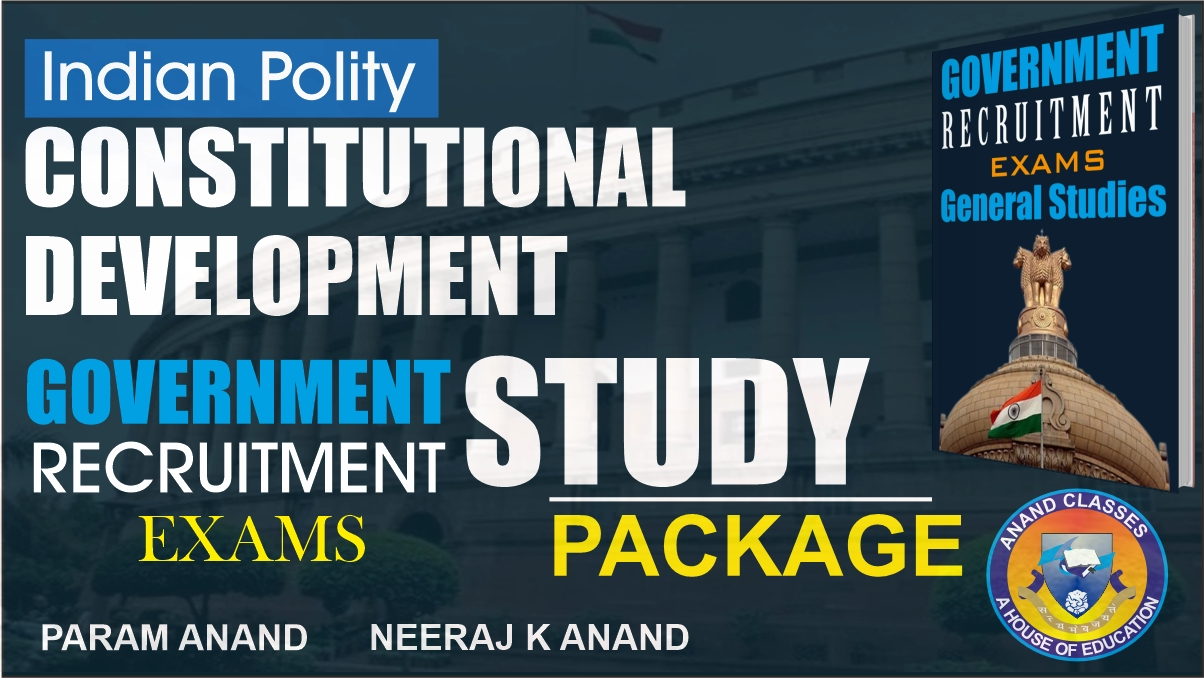Introduction
Dual citizenship has been a topic of interest for People of Indian Origin (PIOs) residing in various countries. The Indian government has introduced the Overseas Citizenship of India (OCI) to facilitate a limited form of dual citizenship for eligible individuals. Below is an in-depth discussion on the subject in a question-answer format.
Frequently Asked Questions (FAQs)
Q1: What is dual citizenship for PIOs?
A: Dual citizenship allows individuals of Indian origin residing in certain countries to hold citizenship in both their country of residence and India. However, India does not allow full dual citizenship but offers Overseas Citizenship of India (OCI), which provides several benefits.
Q2: Which countries are included in the dual citizenship provision?
A: As of December 2003, people of Indian origin residing in the following 16 countries are eligible:
- Australia
- Canada
- Finland
- France
- Greece
- Ireland
- Israel
- Italy
- Netherlands
- New Zealand
- Portugal
- Cyprus
- Sweden
- Switzerland
- United Kingdom
- United States
Q3: What is the Overseas Citizenship of India (OCI)?
A: OCI is a form of limited dual citizenship introduced by the Indian government in January 2006 through the Citizenship (Amendment) Act, 2005. It allows PIOs to participate in economic activities and acquire real estate in India but does not provide full citizenship rights, such as voting rights.
Q4: Who is eligible for OCI?
A: The following categories of individuals can apply for OCI:
- A citizen of another country who was a citizen of India at the time of or after January 26, 1950.
- A citizen of another country who was eligible to become an Indian citizen at the time of the commencement of the Constitution.
- A citizen of another country whose territory became part of India after August 15, 1947.
- A child or grandchild of such a citizen.
- A minor child of a person meeting the above criteria.
Q5: Are Pakistan and Bangladesh citizens eligible for OCI?
A: No, individuals who are or have been citizens of Pakistan or Bangladesh are not eligible for OCI registration.
Multiple Choice Questions (MCQs) with Answers and Explanations
Q1: In which year was the Overseas Citizenship of India (OCI) introduced?
A) 2003
B) 2005
C) 2006
D) 2007
Answer: C) 2006
Explanation: The OCI was introduced in January 2006 under the Citizenship (Amendment) Act, 2005.
Q2: Which of the following countries is NOT included in the dual citizenship provision for PIOs?
A) Canada
B) United Kingdom
C) Germany
D) United States
Answer: C) Germany
Explanation: Germany is not included in the list of 16 countries eligible for dual citizenship under this provision.
Q3: What is one key limitation of OCI status?
A) OCI holders cannot vote in Indian elections.
B) OCI holders cannot buy property in India.
C) OCI holders must pay additional taxes.
D) OCI holders need to renew their status annually.
Answer: A) OCI holders cannot vote in Indian elections.
Explanation: OCI provides several benefits but does not grant political rights such as voting or holding public office.
Q4: Which of the following individuals is NOT eligible for OCI?
A) A grandchild of an Indian citizen
B) A person who was an Indian citizen in 1951
C) A citizen of Pakistan
D) A child of an Indian citizen born in the USA
Answer: C) A citizen of Pakistan
Explanation: Individuals who are or have been citizens of Pakistan or Bangladesh are not eligible for OCI registration.
Test Your Knowledge
Dual Citizenship for PIOs Quiz
` ).join(”); quizDiv.innerHTML += `
Correct! ${q.explanation}
`; } else { document.getElementById(`explanation${index}`).innerHTML = `Wrong! ${q.explanation}
`; } } }); document.getElementById(“score”).innerHTML = `Your Score: ${score} / ${quizData.length}
`; } window.onload = loadQuiz;Conclusion
Dual citizenship in India, through the Overseas Citizenship of India (OCI) scheme, provides PIOs with several benefits while maintaining restrictions on political rights. This provision allows individuals to engage in economic activities and acquire real estate in India. For comprehensive study materials on NDA, CDS, UPSC, AFCAT, RRB, IBPS-PO, SSC, KVS, CLAT exams, visit Anand Classes.
Proprietor: NIRMAL ANAND Educations
Written by: Neeraj Anand
Published by: Anand Technical Publishers
Under: Anand Classes
Contact: +91-9463138669
Email: anandclasses1996@gmail.com


